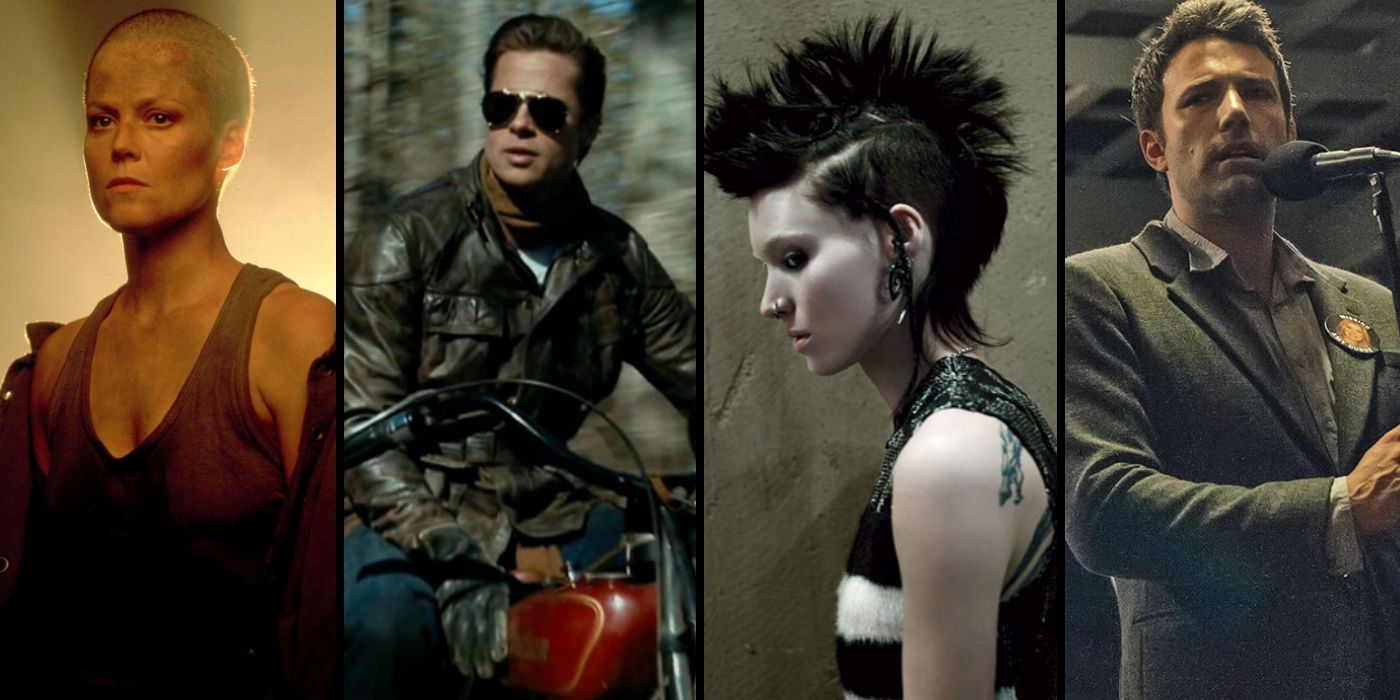
Over the last 28 years, David Fincher has directed 10 movies that have taken him from the mind of the Zodiac Killer to the mind of the creator of Facebook, and here is each of them ranked. The American-born director has had a long and fruitful career in the film industry, working on movies such as Return of the Jedi and Temple of Doom in the 1980s before co-founding Propaganda Films and turning his attention towards music videos and commercials in the 1990s. It wasn't until 1992 that Fincher got his chance to direct and release a feature-length film with Alien 3.
Known for his meticulous attention to detail when it comes to the visual style and performances on display in his movies, Fincher has been compared to directors such as Stanley Kubrick. He's famous for running dozens of takes for certain scenes, determined to coax his actors into a state of authenticity. This desire for perfection also guides his intention with the camera, frequently opting for a detached and observational point-of-view for the audience.
Most of Fincher's films explore the dark impulses of humanity; things such as jealousy, lust, perversion, and compulsion. These themes can be seen in his most unrefined films as well as his most polished, reflecting a consistently troubled and cynical vision of human nature.
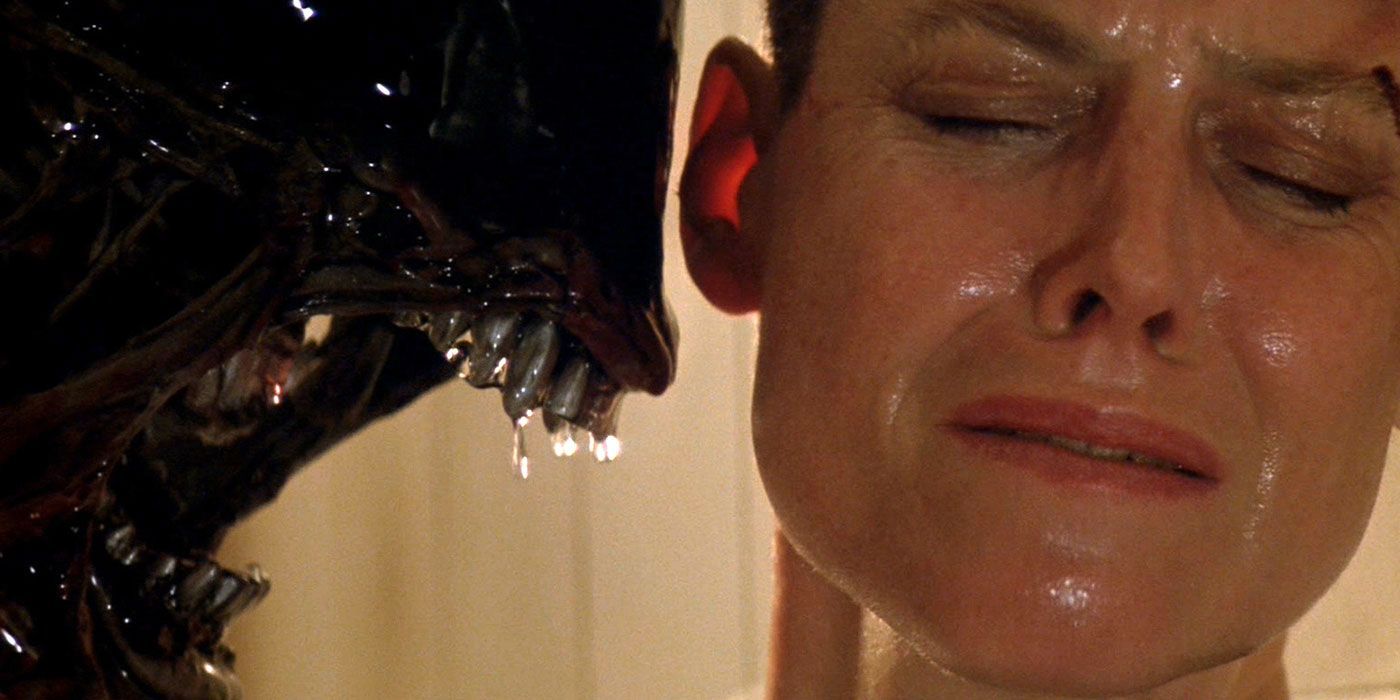
In all truth, Alien 3 isn't all Fincher's fault. After going through several different script versions, Alien 3 ended up in the hands of the up-and-coming music video director, becoming his first feature-length project. Despite his distinct style and eye for visuals, 20th Century Fox inserted themselves into the filming process as much as possible, resulting in a chopped and mixed version of the movie that Fincher eventually disowned.
Alien 3's script was bare-bones and clung to closely to the DNA of the original film with little creativity of its own, and even with the solid visual effects and new Xenomorph designs (done by H.R. Giger himself), the movie never really conjures up genuine scares or thrills the way that the first two movies do. However, Fincher's signature nihilistic style shines through at times, and the performances of Charles Dance as the colony's doctor and Sigourney Weaver as a battle-weary Ripley make it worth a watch for fans of the franchise.
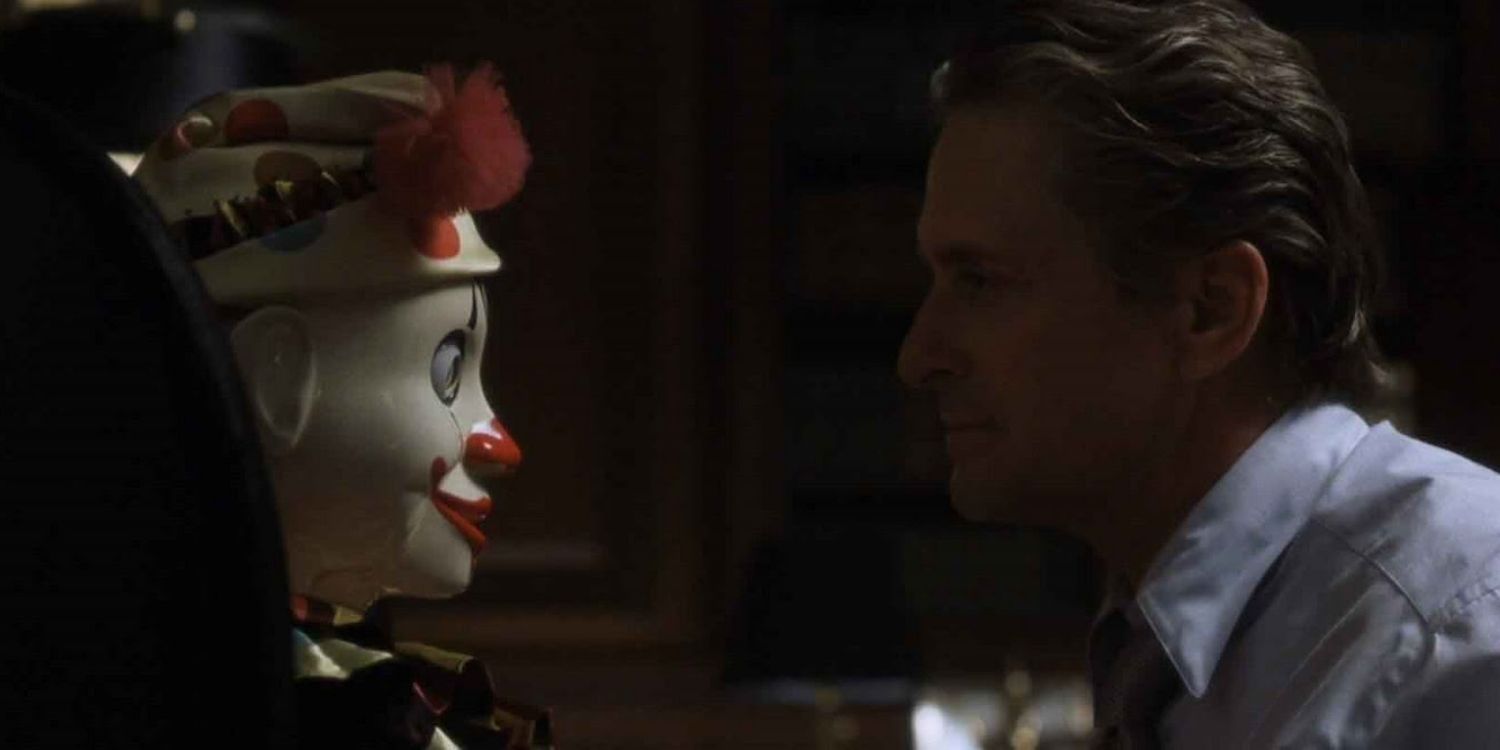
The third film directed by David Fincher, The Game was released in 1997 and started out as a spec script that fell into the orbit of Propaganda Films, the production company co-owned by Fincher. Fincher eventually agreed to direct the project, fascinated by the way the script toyed with the audience's perception of knowledge and linear information. Michael Douglas received acclaim for his performance in the movie as cynical investment banker Nicholas, who becomes obsessed with the possibility that his life has become embroiled in a far-reaching conspiracy. The ideas of conspiracy and privacy overreach would be themes introduced here that would reoccur in later projects by the filmmaker. The myriad of plot twists and turns engaged audiences, but unfortunately, the film buckles under the weight of its own complex narrative in the third act.

Described by Fincher himself as the lovechild between "Straw Dogs and Rear Window," Panic Room was one of the first films to cultivate Fincher's unique visual approach to camera. The movie follows a recently-divorced upper-class woman named Meg Altman (Jodie Foster) and her daughter Sarah (Kristen Stewart) after moving into an expensive New York brownstone, before being preyed upon by burglars seeking a safe containing $3 million. The film employs CGI-visual effects to give the camera a disembodied, surveillance-like feel to its motions.
The result is an engaging and tense popcorn film that is as much about class-disparity and the advent of technology as it is about survival. The cast is filled with modern household names, including Forest Whittaker as sympathetic blue-collar burglar Burnham, and Suicide Squad's Jared Leto as the affluent Junior, the grandson of the house's original wealthy owner. Fincher uses the concept of the panic room and the video camera surveillance within to constantly play with the audience's expectations of freedom vs security, reinforcing the burglars advantage of open movement around the house with the claustrophobic confines of Meg and Sarah's. While very entertaining and very well-executed, Panic Room is also a very simplistic premise and script, and doesn't tackle the complexities in narrative and character that Fincher does in other movies.
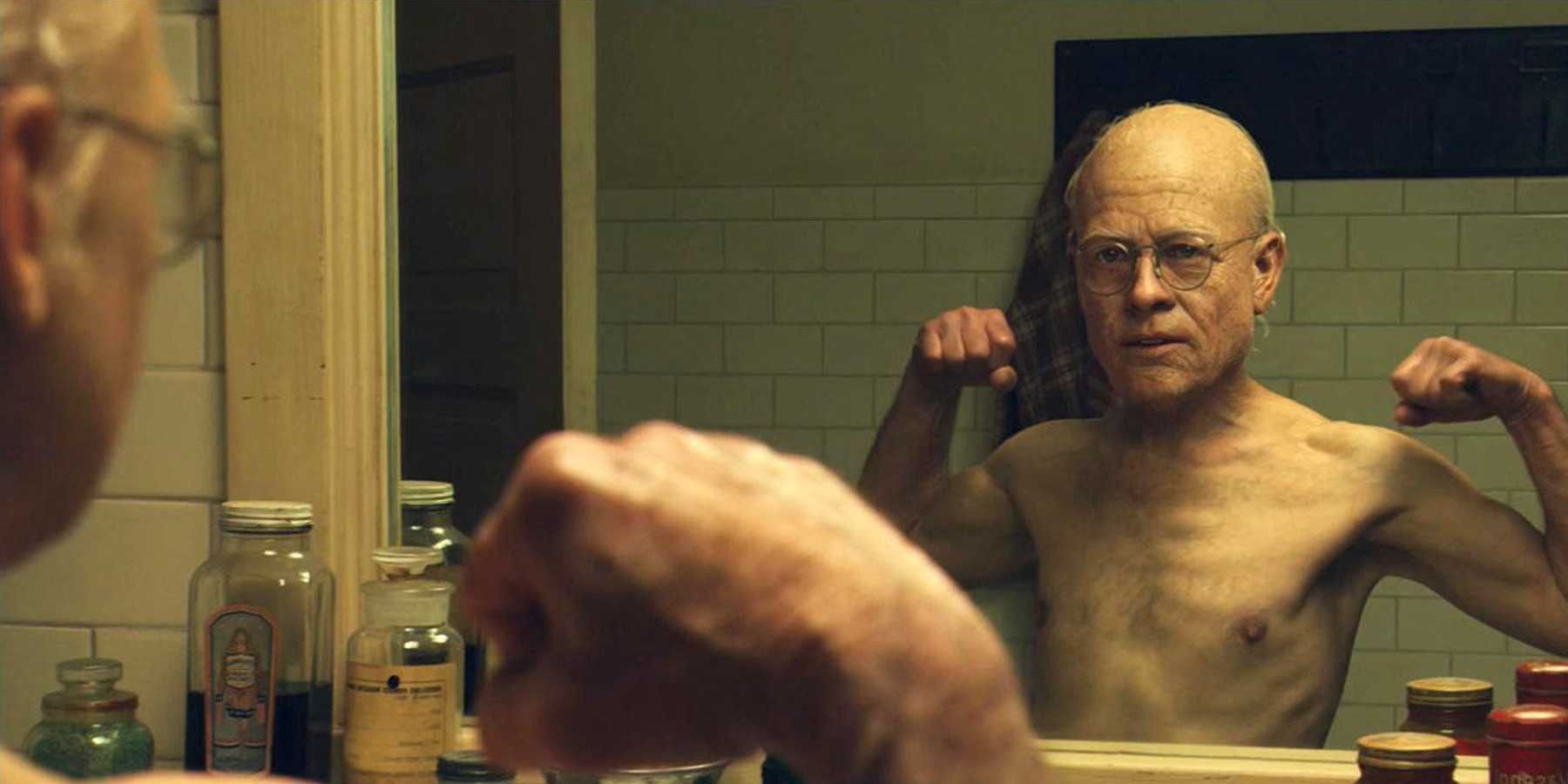
Based on a short story written back in 1922 by F. Scott Fitzgerald (of The Great Gatsby fame), The Curious Case of Benjamin Button is Fincher's first (and only) foray into the world of romantic films, and it's as outwardly bizarre as one would expect. A fantasy that revolves around Benjamin Button (Brad Pitt), a man born with the peculiar disorder of aging backwards, the film's true heart is the starcrossed romance he shares with Daisy Fuller (Cate Blanchett), a love affair that spans the entirety of the 1900s and even the early 2000s.
Groundbreaking visual effects help sell Brad Pitt's transformation from an elderly baby to infantile old man, and an ensemble cast of wonderfully talented actors help root the fairy-tale story in humanity and emotional authenticity. Though its nearly three-hour runtime certainly feels grating at times, as well as the story's occasionally trite sentimentality, The Curious Case of Benjamin Button is certainly one of Fincher's most bold directorial outings, with 13 Academy Award nominations to prove it.
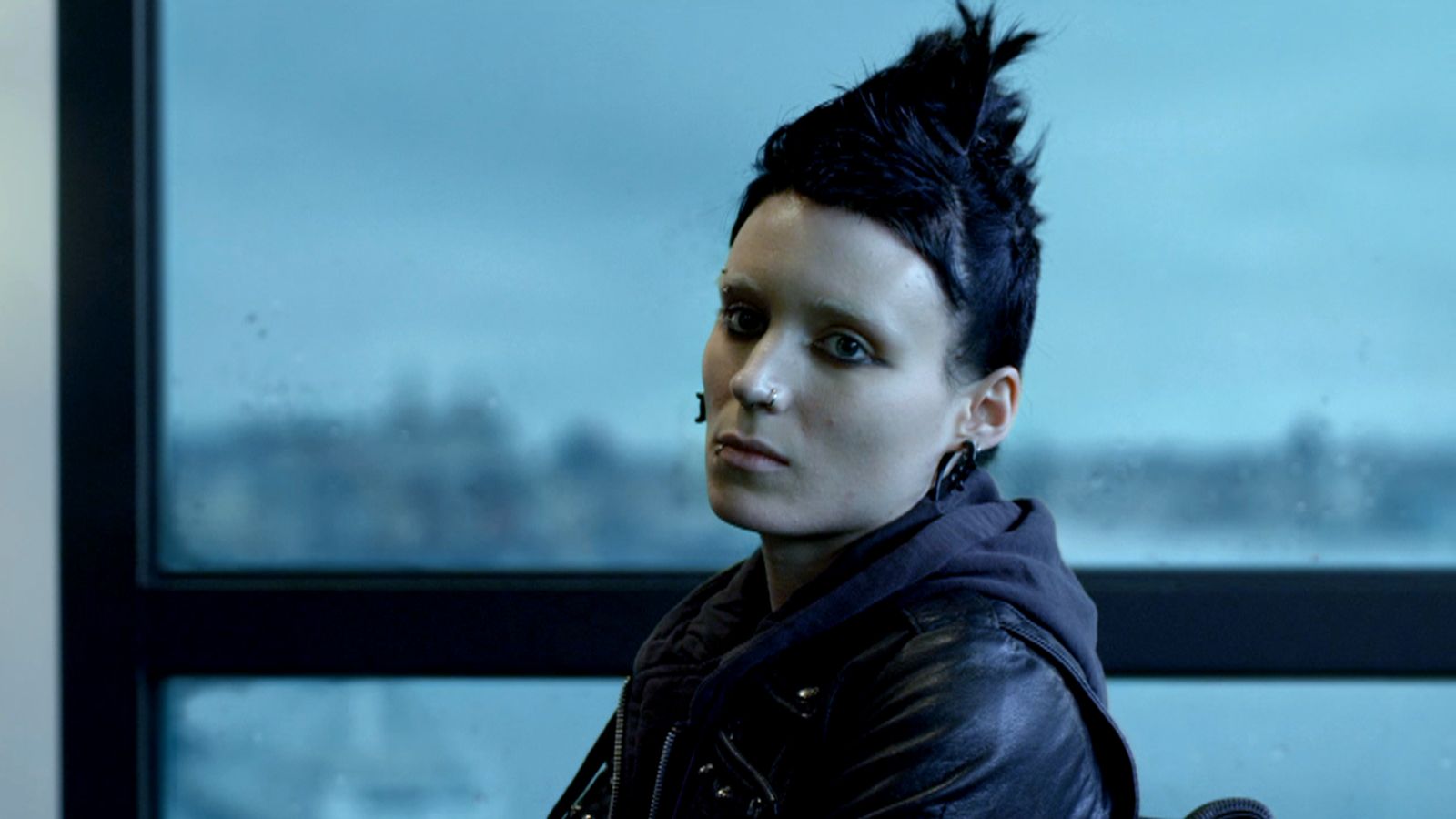
Fincher's 2011 adaptation of Stieg Larsson's acclaimed crime novel just might be the best live-action appearance of vigilante hacker Lisbeth Salander, who's flawed and turbulent psyche has been lost amidst recent attempts to turn her into a super-spy. Starring Rooney Mara, completely disappeared into her role as the titular hacker, and Daniel Craig as discredited journalist Mikael Blomkvist, the movie crafts a cinematic experience that is just as much about the central characters confronting their own personal trauma as it is about them investigating the 40 year old disappearance of powerful businessman Henrik Vanger's grandniece. The central mystery is compelling and exceptionally paced, the Vanger family is just as veiled and secretly depraved as one would expect, and the soundtrack from Nine Inch Nails veterans Trent Reznor and Atticus Ross is integral in crafting the grimy, punk-and-barbed-wire aesthetic the movie aims for.

The second film in his filmography and arguably the movie that established him as a household name, Se7en is the pinnacle of Fincher's cynical and depraved exploration into man's lesser nature. Dark and disturbing, the film bears an oppressive air that clings as much to the audience as it does the central characters, Detectives William Somerset and David Mills (Morgan Freeman and Brad Pitt, respectively). Tasked with hunting down a serial killer butchering his victims in the style of the Seven Deadly Sins, the movie keeps its killer one step ahead of both viewers and the detectives until its horrifying and shocking conclusion, one so unexpected that it has invaded the pop culture lexicon and can be found referenced everywhere. Even outside of Se7en's twist ending, however, it's just the kind of movie that is hypnotic in its horror; it roots into viewers and keeps you engaged in the carnage until the last frame.
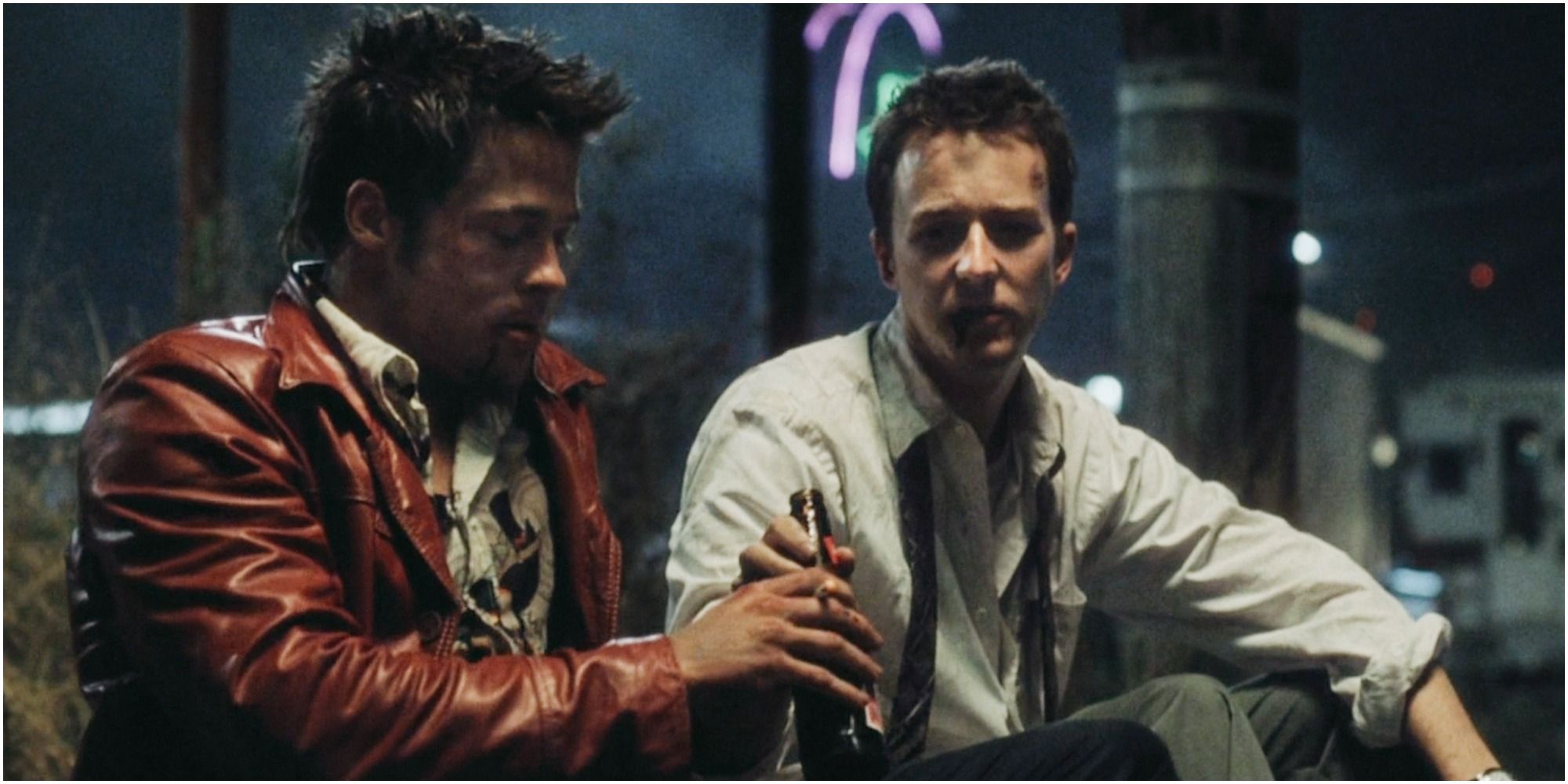
Released at the tail end of the 1990s and Generation X's post-modernist disdain for a culture increasingly based around consumerism, Fight Club was an inadvertent rallying cry and work of radical fiction that may or may not have been misinterpreted by an entire generation of people. Starring Edward Norton as "The Narrator," Fight Club is about an automobile recall specialist who has become so desensitized to modern materialist culture that, with the help of his newfound friend Tyler Durden, he creates a fight club exclusively for men to feel sensation through violence. This decision soon spirals into an anti-corporate anarchist movement, one that rapidly grows too big for The Narrator to control. With its multi-faceted thematic content and complex and clever screenplay, Fight Club has become one of the most emulated and discussed cult classics of the 1990s, and helped to launch the careers of several of its stars.
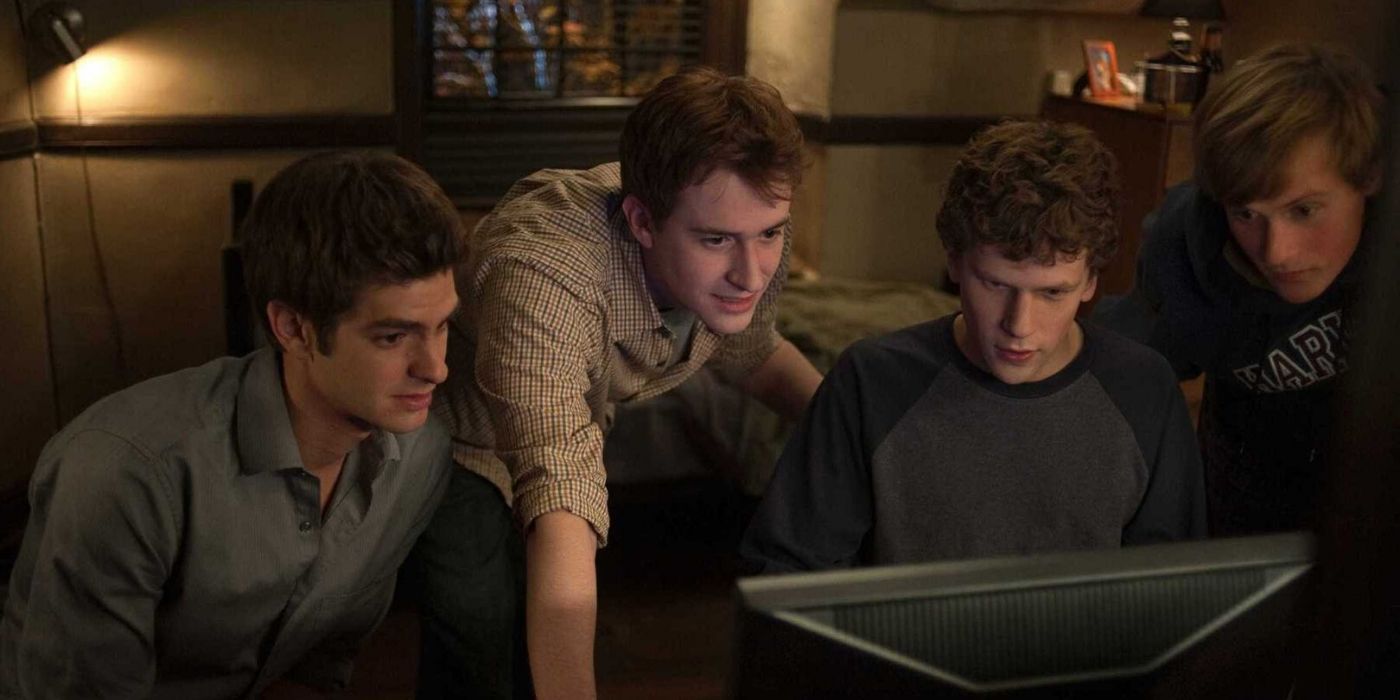
A movie that's social relevance becomes increasingly more important with each new Facebook scandal, David Fincher and screenwriter Aaron Sorkin's 2010 masterwork is the benchmark for biographical films based on controversial subjects. The Social Network is based on the 2009 book The Accidental Billionaires, and tracks the early development and rise of the social media platform Facebook, as well as the lawsuits and interpersonal drama that flared up between the creators.
While The Social Network's premise may seem like just a movie about a website, the screenplay, direction, and dynamite performances by Jesse Eisenberg as Mark Zuckerberg and Andrew Garfield as Eduardo Saverin prove that it's about much more. Namely, how primal human concepts like greed, success, and jealousy can destroy human connection and interpersonal relationships. The movie also marked the first collaboration between Fincher and Trent Reznor and Atticus Ross, whose sparse, melancholy score won an Oscar for perfectly encapsulating Zuckerberg's self-imposed loneliness.
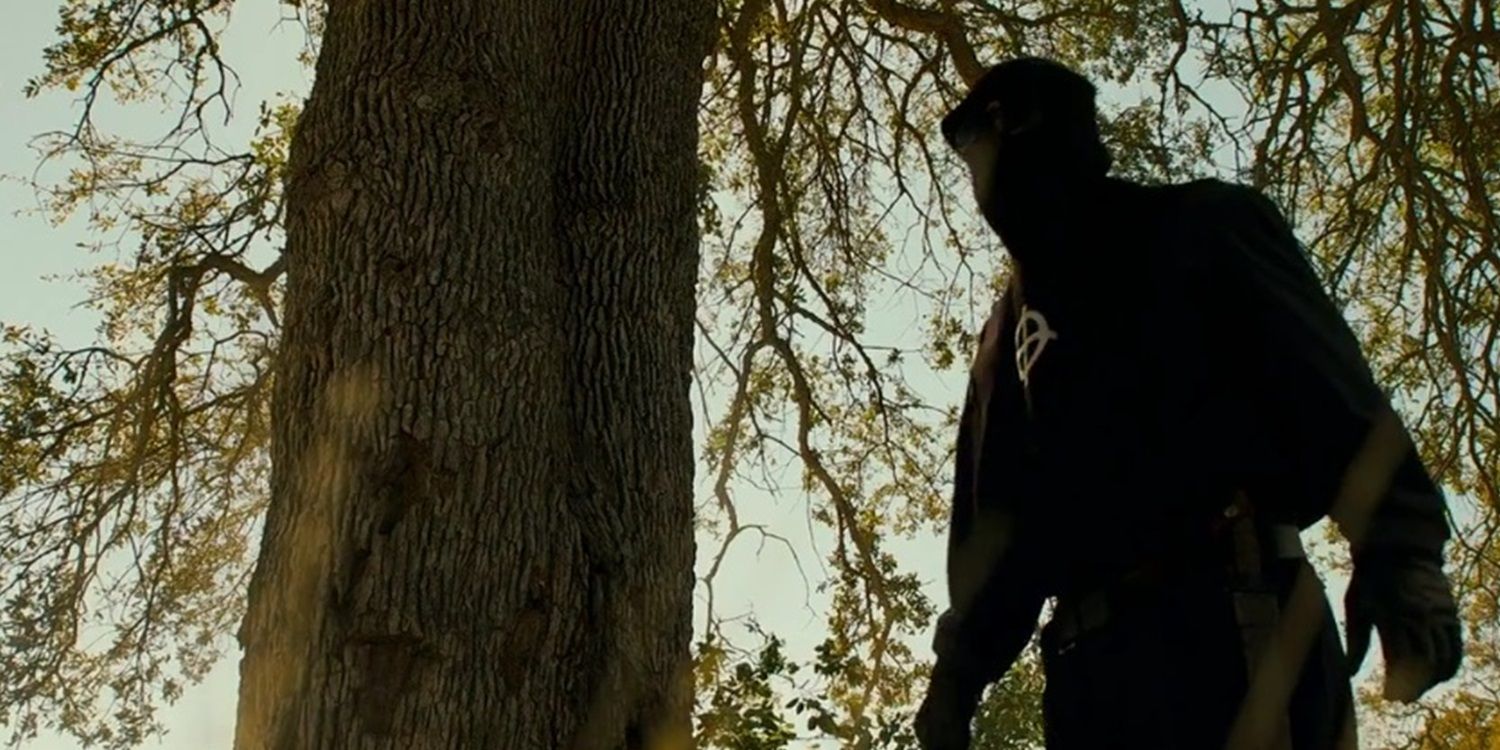
Alongside Se7en, Zodiac is Fincher's next most disturbing film, this time doing the intimate character work that's missing from the former outing. Spanning from the late 60s to the early 80s, Zodiac follows the decades-long search for the identity of the notorious Zodiac Killer, and focuses in on three specific players in the investigation: investigative journalist Paul Avery, police inspector Dave Toschi, and cartoonist-turned-novelist Robert Graysmith, whose 1986 true-crime novel the film is based on. Meticulously researched, Fincher's dedication to detail and authenticity vibrates from every frame of the film, painstakingly recreating 1970s San Francisco and the stranglehold that the Zodiac held over it.
The detached and nigh-omnipotent camera keeps us at arms length to the characters and the investigation, forcing us as the audience to simply watch as each of our main characters slip further and further into a vortex of depression and obsession. They say that truth is stranger than fiction, and in the case of Zodiac, that saying is true: Fincher packs in every idiosyncrasy and bizarre detail of the investigation, crafting a depiction of events that will keep audiences up at night in obsessed terror and curiosity.
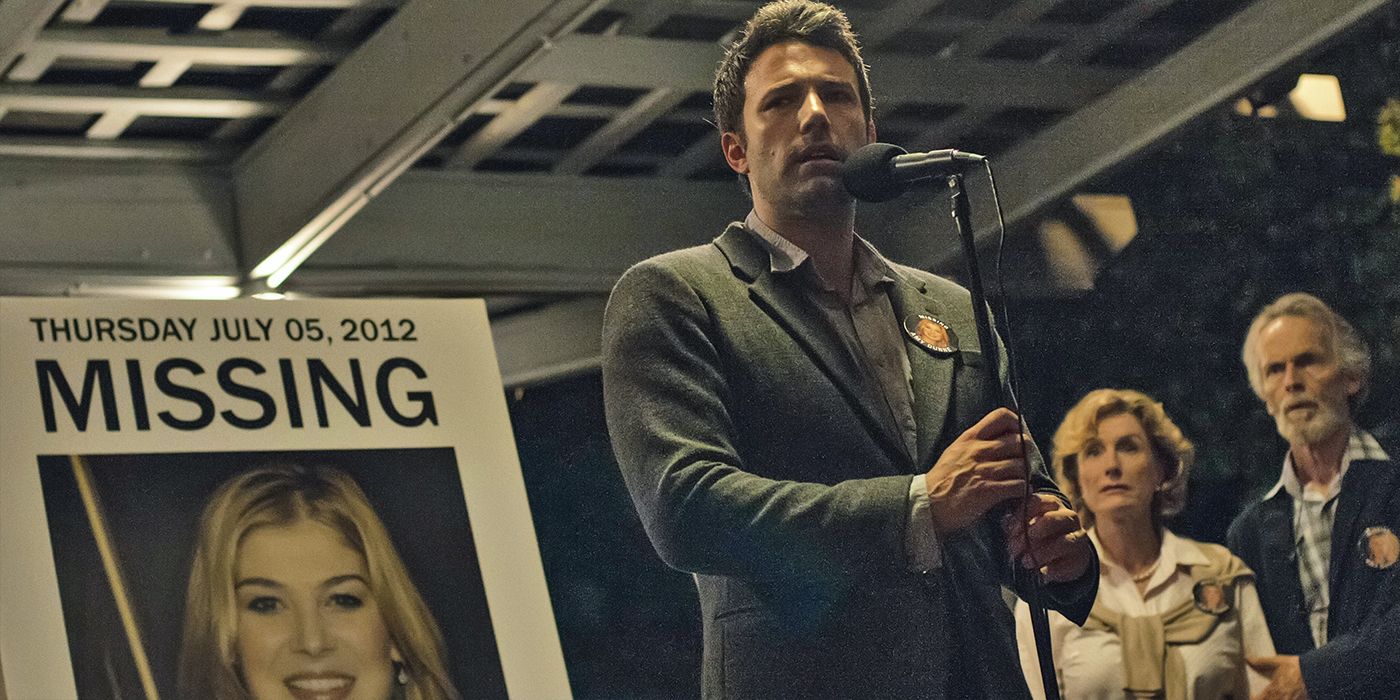
Despite being David Fincher's most recently released film, Gone Girl is also without a doubt his strongest. It's a total culmination of his signature style: the disembodied and impersonal camera behavior, the naturalistic performances of his actors, and a script that's outwardly sinister and inwardly shocking. Based on Gillian Flynn's 2012 novel (who also wrote the film's screenplay), Gone Girl is the story of a husband accused of the murder of his wife, a case that is not at all what it seems at first glance. Despite Fincher's issues with him, Ben Affleck and Rosamund Pike are absolutely inspired casting, painting a picture of domestic married life that seemingly unravels into a mess of miscommunication, deceit, and sociopathy.
Just like the marriage of its central characters, Gone Girl hides so much of its thematic content behind the surface level mystery it presents in the opening 20 minutes. As the movie continues, it reveals its own inner workings, exploring the callous manipulation of the news media, gender politics within and outside of marriage, and finally, the absolute banality of trying to uncover the intentions and truths held within the minds other people. With Gone Girl, Fincher asks his audience to consider the secrets hidden by your brother, your daughter, your spouse. And in true fashion, the director offers no easy answers to any of these thematic postulations, asking viewers to do the same thing as Nick, and simply live with it (unless that Gone Girl sequel finally happens). This moral complexity of intent is what makes Gone Girl David Fincher's best movie to date.
from ScreenRant - Feed https://ift.tt/2MvWSuu


0 Comments